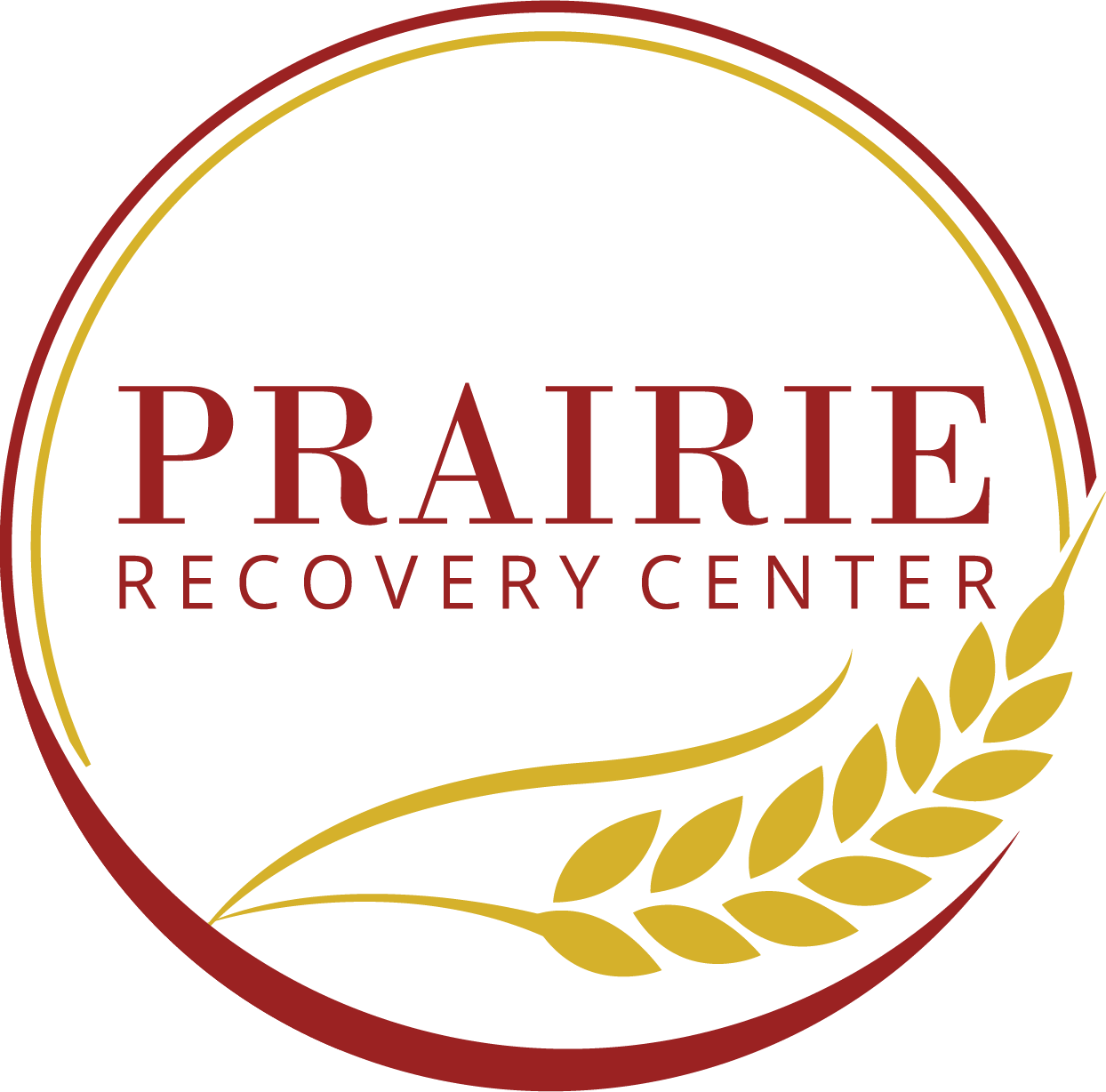Alcohol abuse is a serious problem that can lead to a wide range of negative consequences. While there are many potential causes of alcohol abuse, there are three that are particularly common. Understanding these can be helpful in prevention and treatment.
If you are struggling with alcohol abuse, there is help available. Prairie Recovery is a rehabilitation and alcohol addiction treatment center that specializes in helping people overcome their dependence on alcohol.
If you or someone you know is struggling with alcohol abuse, we encourage you to call us today at [Direct]. We can help you take the first step toward a sober and healthy future.
Why You Should Know The Causes of Alcohol Addiction
If you’re struggling with alcohol addiction, you’re not alone; about 15 million adults in the United States suffer from alcohol abuse or dependence.
Alcoholism is a progressive, chronic disease characterized by compulsive alcohol use, loss of control over alcohol consumption, and a negative emotional state when not using. People with alcoholism may not feel “normal” without alcohol and may use it to cope with anxiety, depression, or other underlying mental health conditions.
What Are The Causes of Alcohol Use Disorder?
There are different causes of alcohol use disorder. It is thought to result from a combination of genetic, psychological, and social factors.
- Genetic—Some people are more vulnerable to developing alcoholism because of their genes. People with certain genes are more likely to develop a drinking problem and progress to alcoholism.
- Psychological—People with mental health issues may turn to alcohol as a way to self-medicate. Alcohol temporarily improves symptoms of depression, anxiety, and other mental health conditions. But in the long run, it can actually make these problems worse.
- Social—Also contributes to the development of alcoholism. For example, people who spend a lot of time with others who drink heavily may be more likely to develop a drinking problem themselves.
While there is no one-size-fits-all answer to overcoming addiction, understanding the root causes of alcohol addiction problems can be a helpful first step in your recovery journey.
The Three Most Common Causes of Alcohol Abuse
As we mentioned, there are many potential causes of alcohol abuse. However, there are three that are particularly common:
1. Coping Mechanism
For many people, alcohol abuse starts as a way to cope with difficult life circumstances. Whether you’re struggling with a mental health disorder, dealing with trauma, or going through a difficult life transition, turning to alcohol as a way to cope can quickly turn into a problem.
2. Peer Pressure
Peer pressure is one of the common causes of alcohol abuse, particularly among teenagers and young adults. When we are around friends who are drinking, we may be more likely to drink ourselves. Additionally, we may feel like we need to drink to fit in. If you are struggling with peer pressure, it is important to remember that you don’t need to drink to be liked or accepted.
3. Accessibility
Another common cause of alcohol abuse is simply having easy access to alcohol. If alcohol is easily available, we may be more likely to drink and to drink excessively. If you find that you are drinking more than you want to, it may be helpful to remove alcohol from your home and avoid places where it is easily accessible.
If you’re struggling with any of these situations, it’s important to talk to someone you trust. This can be a friend, family member, or our therapist at Prairie Recovery. They can help you find ways to cope with peer pressure and avoid abusing alcohol.
Getting Help for Alcohol Abuse at Prairie Recovery
If you’re struggling with alcohol abuse, it’s crucial to get help as soon as possible. Alcohol addiction is a serious disease that can have devastating consequences. The sooner you get help, the better the chances of recovery.
Prairie Recovery offers a variety of different treatment options, including detox, residential treatment, and outpatient treatment. Call us at [Direct] or fill out our online form today to learn more.


